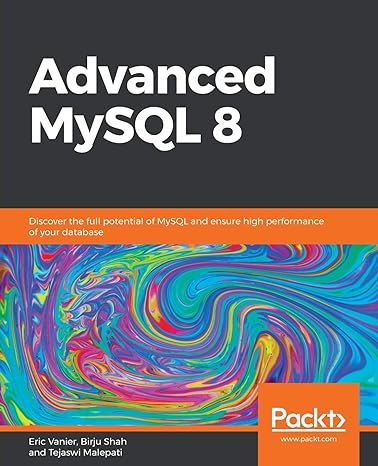Question
In Java 2.17 LAB: Leap year A year in the modern Gregorian Calendar consists of 365 days. In reality, the earth takes longer to rotate
In Java 2.17 LAB: Leap year
A year in the modern Gregorian Calendar consists of 365 days. In reality, the earth takes longer to rotate around the sun. To account for the difference in time, every 4 years, a leap year takes place. A leap year is when a year has 366 days: An extra day, February 29th. The requirements for a given year to be a leap year are:
1) The year must be divisible by 4
2) If the year is a century year (1700, 1800, etc.), the year must be evenly divisible by 400; therefore, both 1700 and 1800 are not leap years
Some example leap years are 1600, 1712, and 2016.
Write a program that takes in a year and determines whether that year is a leap year.
Ex: If the input is:
1712
the output is:
1712 - leap year
Ex: If the input is:
1913
the output is:
1913 - not a leap year
468230.2280702.qx3zqy7
LAB ACTIVITY
2.17.1: LAB: Leap year
Step by Step Solution
There are 3 Steps involved in it
Step: 1

Get Instant Access to Expert-Tailored Solutions
See step-by-step solutions with expert insights and AI powered tools for academic success
Step: 2

Step: 3

Ace Your Homework with AI
Get the answers you need in no time with our AI-driven, step-by-step assistance
Get Started


